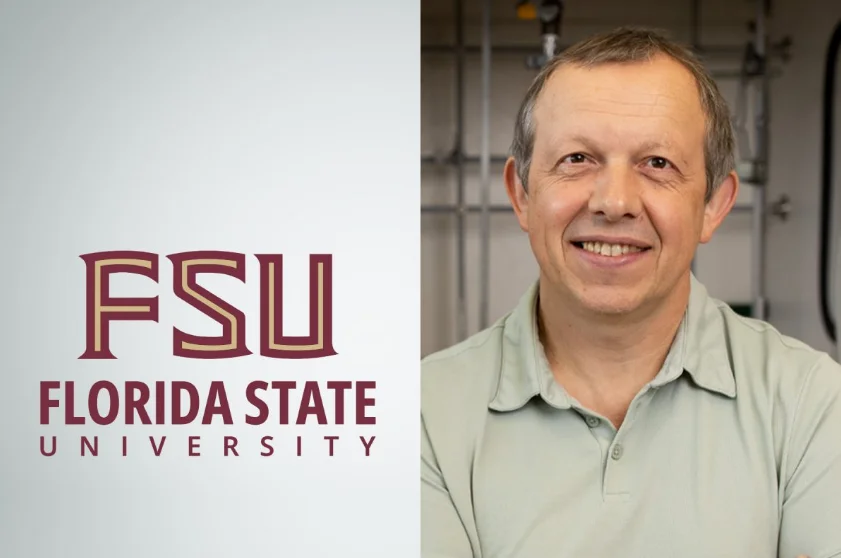Insider Brief
- The Mitchell Institute report indicates The Department of Defense is struggling to integrate quantum technologies into operational systems.
- The report is calling out massive reevaluation of how the Pentagon approaches quantum tech.
- Critical Quote: “DoD needs to grow their quantum industrial base through real programs of record. I cannot foot-stomp that enough.” — Heather “Lucky” Penney
The Mitchell Institute, an in-house thinktank of the Air Force Association, released a report that reveals serious concerns about the Defense Department’s ability to integrate advanced quantum technologies into operational systems, according to Breaking Defense. The report’s findings emphasizing the gap between current research projects and their practical, mass-produced applications in the defense sector, the defense news site reported.
“DoD needs to grow their quantum industrial base through real programs of record,” The report’s lead author, Heather “Lucky” Penney said, as reported by Breaking Defense. “I cannot foot-stomp that enough.”
Penney, a former fighter pilot and now a national security analyst, stressed the disparity between the Pentagon’s traditional methods of incorporating private-sector innovations and the unique challenges posed by quantum technology. Penney told Breaking Defense that the current defense industrial base is ill-suited for the quantum sector, which is dominated by small startups, often spin-offs from universities.

These startups, while a key source of innovation, face challenges in scaling up due to the Pentagon’s reliance on private-sector demand to drive development. This model works well for technologies like software and robotics, where there is significant commercial interest. However, for quantum technologies, particularly in areas like sensing, navigation and communication, the lack of civilian applications creates a funding shortfall, Penney told the news site.
The current outreach efforts, including the Defense Innovation Unit (DIU) and Air Force’s AFWERX and SPACEWERX, provide limited support that is insufficient to bridge this gap.
Quantum hardware production is largely artisanal and not suited for mass production, according to Penney. Building quantum technology requires not just skilled labor and powerful computing, but also specialized tooling and expensive facilities, creating a high barrier to entry.
The report found only a few examples of successful field testing of quantum technologies in real-world military scenarios. One notable exception was the 2023 MAGNAV project, a collaboration between MIT, the Air Force Research Laboratory, and Air Mobility Command, which demonstrated the potential of quantum magnetometers for navigation without GPS.
Penney underscored the need for a comprehensive approach, involving both substantial funding and institutional support, to move these technologies from experimental stages to practical military applications. She advocated for the establishment of formal acquisition programs to drive the development and integration of quantum technologies into specific military platforms.
The report suggests starting with programs that focus on quantum magnetometers for inertial navigation systems, quantum clocks for precise timing, and Rydberg atom-based ultra-sensitive radio receivers. Such initiatives would not only advance U.S. military capabilities but also stimulate the growth of a quantum industrial base.
The Mitchell Institute’s report is calling for an urgent and strategic reevaluation of the Pentagon’s approach to quantum technology. It emphasizes the need for targeted investment and programmatic support to transition from laboratory experiments to operational military systems, a crucial step in maintaining technological superiority.
If you found this article to be informative, you can explore more current quantum news here, exclusives, interviews, and podcasts.















